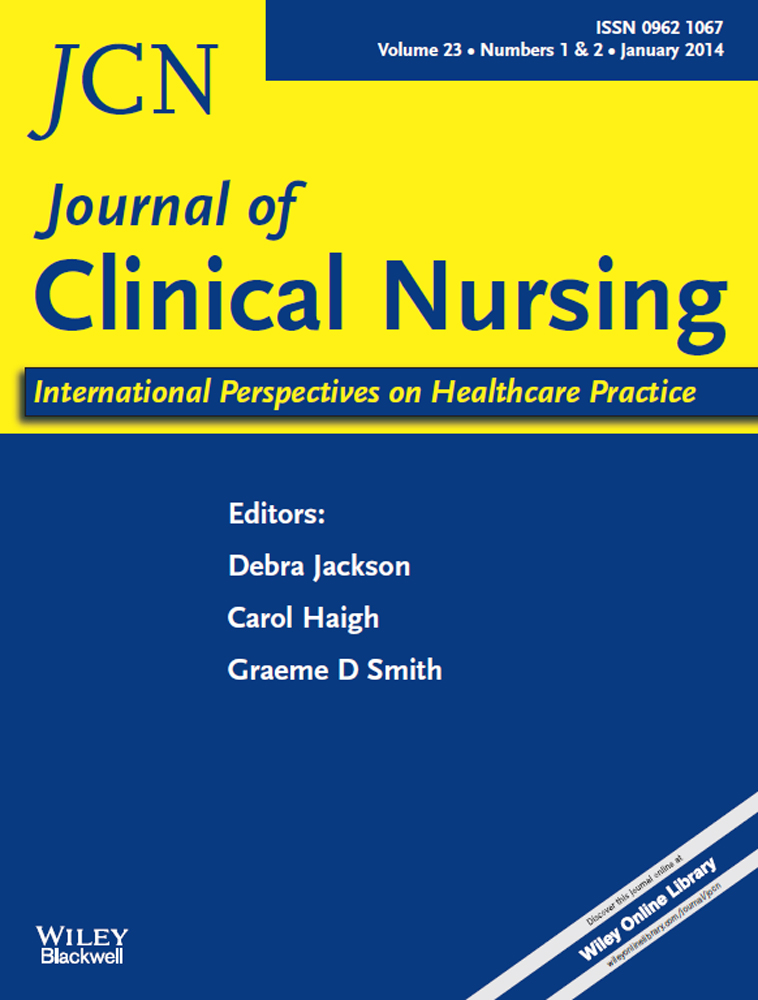Factors influencing peritoneal dialysis patients' psychosocial adjustment
Abstract
Aims and objectives
The specific aims of this study were as follows: (1) to describe psychosocial adjustment in adults with end-stage renal disease who underwent maintenance peritoneal dialysis; (2) to explore the influence of demographics, clinical variables, symptom distress and social support on psychosocial adjustment and (3) to determine predictive factors of psychosocial adjustment.
Background
Proper psychosocial adjustment is important for patients with end-stage renal disease to cope with multiple stressors of their disease and to balance their lives within the restrictions imposed by peritoneal dialysis treatment. Knowledge on psychosocial adjustment in patients receiving long-term peritoneal dialysis has been limited.
Design
The study was based on a predictive correlational design.
Method
One hundred peritoneal dialysis patients were recruited from outpatient peritoneal dialysis clinics of a general hospital in Taipei, Taiwan. Data were collected with the study questionnaires, including the Physical Symptom Distress Scale, the Social Support Scale and the Psychosocial Adjustment to Illness Scale – self-report.
Results
The mean score on the Psychosocial Adjustment to Illness Scale was 359·7 (SD = 40·0), indicating that these participants were moderately struggling in adjusting to their illness. Symptom distress, family social support and financial status explained 38·3% of the variance in psychosocial adjustment (F3,96 = 21·5, p < 0·001).
Conclusions
The level of psychosocial adjustment in peritoneal dialysis patients is suboptimal. Overall, the patients with high physical symptom distress, weak family social support and poor financial status reported deficient psychosocial adjustment to their illness.
Implications for practice
The findings of this study are relevant to the understanding of preconditions that enable peritoneal dialysis patients to successfully adjust to the disease and its diverse consequences. Patients with insufficient income, higher symptom distress and less family social support have a greater risk of psychosocial maladjustment. Medical professionals may use these variables to identify higher risk groups for early intensive intervention.




